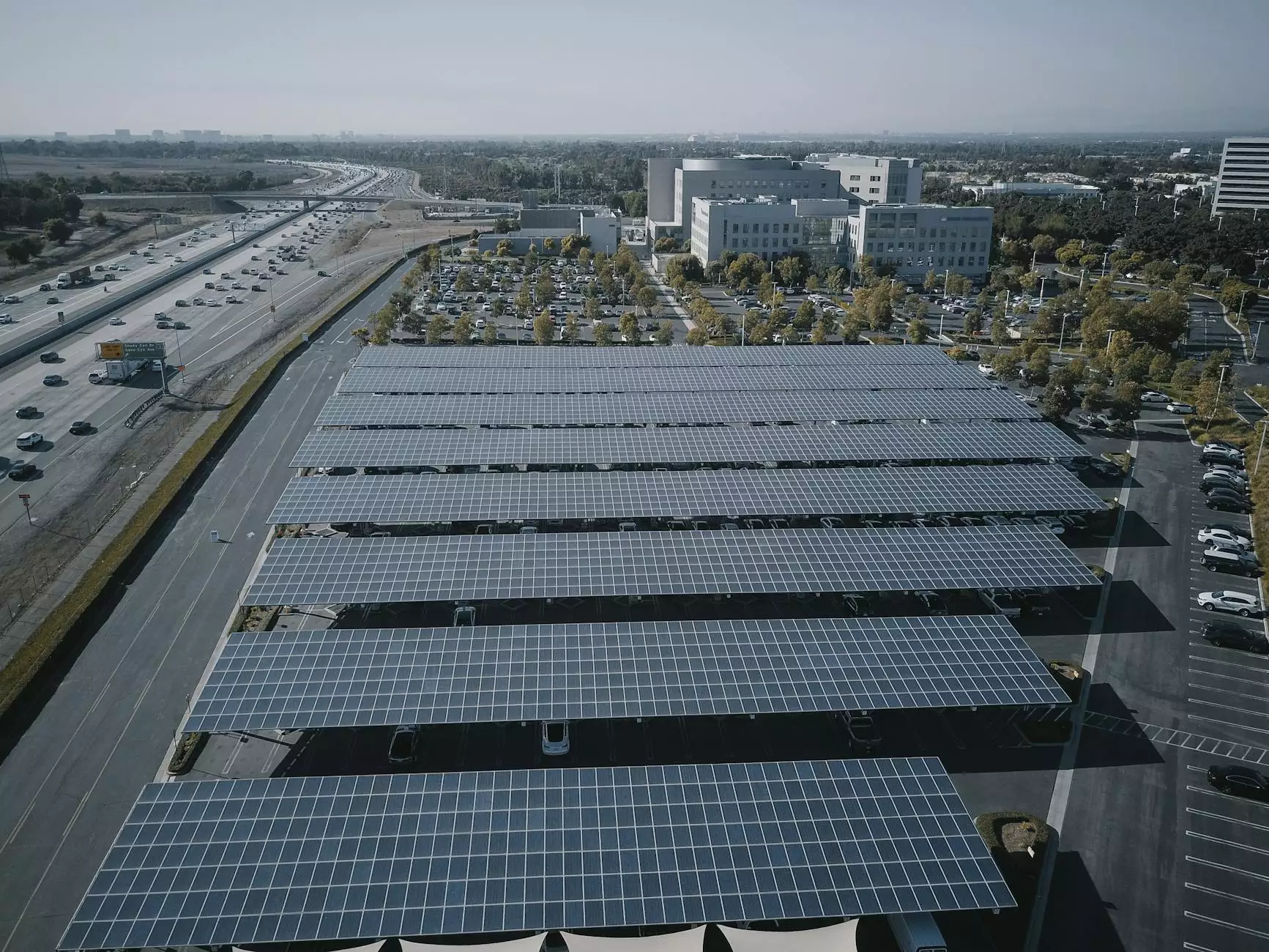Understanding Pellet Production: A Comprehensive Guide

Pellet production has emerged as a significant player in the timber industry, providing a sustainable source of energy and raw materials. This article delves into the processes, benefits, and market implications of pellet production, particularly in relation to timber merchants and wood suppliers like Stary Timbers.
The Basics of Pellet Production
Pellets are small, cylindrical pieces of material typically made from compressed organic matter or biomass. The pellet production process involves several key steps, transforming raw materials into high-density pellets suitable for various applications.
Raw Materials
The first step in pellet production is selecting the appropriate raw materials. Common sources include:
- Wood Waste: Sawdust, wood chips, and wood shavings are among the most efficient materials.
- Agricultural Residues: Crop residues like straw and corn stover can also be processed into pellets.
- Energy Crops: Fast-growing species like switchgrass or miscanthus are cultivated specifically for biomass energy.
Processing Steps
- Drying: Raw materials are dried to the appropriate moisture content, ideally between 10% to 15%.
- Grinding: Dried materials are ground into smaller particles to facilitate the pelletizing process.
- Pelletizing: The ground material is fed into a pellet mill where it is compressed under high pressure, forming pellets.
- Cooling: Newly formed pellets are cooled to reduce moisture and improve durability.
- Packaging: Finally, the pellets are packaged for storage and distribution.
Environmental Advantages of Pellet Production
The process of pellet production not only contributes to reducing waste but also offers several environmental benefits:
Renewable Energy Source
Pellets serve as a renewable energy source, significantly reducing reliance on fossil fuels. When burned, they release carbon dioxide that was previously absorbed by the trees during their growth, creating a closed carbon cycle and minimizing environmental impact.
Waste Reduction
Utilizing wood waste and by-products reduces landfill use and promotes resource efficiency. This practice aligns with sustainable business models adopted by timber merchants and wood suppliers.
Lower Emissions
Pellets produce fewer emissions compared to traditional fossil fuels. Modern pellet stoves and boilers are designed to burn pellets cleanly and efficiently, which results in lower particulate emissions and greenhouse gases.
Economic Impact of Pellet Production
The pellet production industry not only supports ecological initiatives but also has significant economic implications:
Job Creation
The expansion of the pellet production market leads to job creation in various sectors, including forestry, manufacturing, and logistics. Timber merchants, like Stary Timbers, can offer sustainable employment opportunities that benefit local communities.
Increased Market Demand
As the demand for renewable energy sources grows, so does the pellet production industry. Timber merchants and wood suppliers can capitalize on this increasing market demand, creating new revenue streams and enhancing business resilience.
Global Trade Opportunities
Pellets are increasingly traded on a global scale, enabling timber suppliers to engage in international markets. Exporting pellets to regions with high energy needs can lead to profitability and economic expansion.
The Role of Timber Merchants and Wood Suppliers in Pellet Production
Companies like Stary Timbers, as trusted timber merchants and wood suppliers, play a vital role in the pellet production supply chain:
Sourcing Quality Raw Materials
Timber merchants are crucial in providing high-quality raw materials for pellet production. Sourcing sustainable timber not only supports pellet manufacturers but also aligns with environmental stewardship efforts.
Ensuring Sustainable Practices
By promoting sustainable forestry practices, wood suppliers help maintain the integrity of ecosystems. Sustainable sourcing means that the raw materials used for pellet production do not contribute to deforestation or habitat loss.
Market Educators
Timber merchants can educate consumers about the benefits of pellets as a renewable energy source and as an eco-friendly alternative to traditional fuels, driving demand and supporting the market.
Challenges in Pellet Production
While pellet production offers numerous benefits, it also faces several challenges that stakeholders need to address:
Raw Material Supply
Sourcing consistent and high-quality raw materials can be challenging, especially in areas where timber resources are declining. Merchants must develop sustainable supply chains that ensure the availability of necessary materials.
Quality Control
Maintaining the quality of pellets is essential. Variations in moisture content, ash levels, and density can affect combustion efficiency and emissions. Therefore, implementing rigorous quality control measures is crucial for producers.
Market Volatility
The pellet market can be subject to fluctuations in demand and price, impacted by global energy trends and policies. Businesses must remain adaptable to navigate these changes successfully.
Innovations in Pellet Production Technology
The pellet production industry is continually evolving, with technological advancements enhancing efficiency and sustainability:
Advanced Pellet Mills
Modern pellet mills incorporate cutting-edge technology to improve the energy efficiency of the pelletizing process, minimizing waste and maximizing output.
Biomass Energy Systems
Integrating biomass energy systems into facilities further enhances the sustainability of pellet production, allowing for energy self-sufficiency and reduced carbon footprints.
Automation and AI
Utilizing automation and artificial intelligence in the production line can streamline operations, enhance productivity, and ensure consistency in product quality.
Conclusion: The Future of Pellet Production
As the world moves towards renewable energy sources and sustainable practices, pellet production is poised to play a critical role. Timber merchants and wood suppliers, like Stary Timbers, are at the forefront of this industry, facilitating the transition towards a more sustainable future.
By focusing on quality, sustainability, and innovation, the pellet production industry is not only contributing to energy solutions but also supporting economic growth, environmental stewardship, and community development. Together, we can harness the potential of pellet production to build a better tomorrow.









